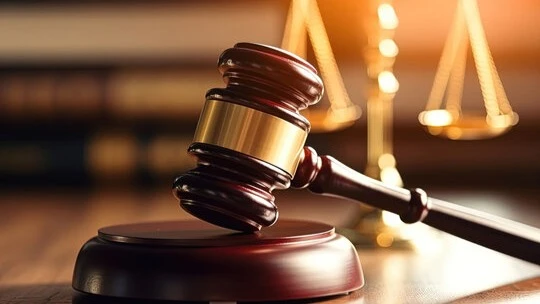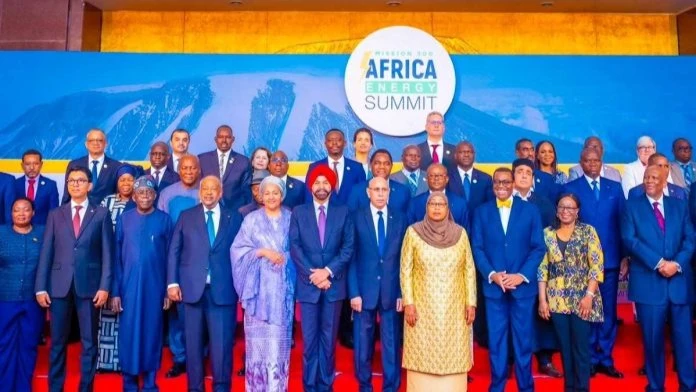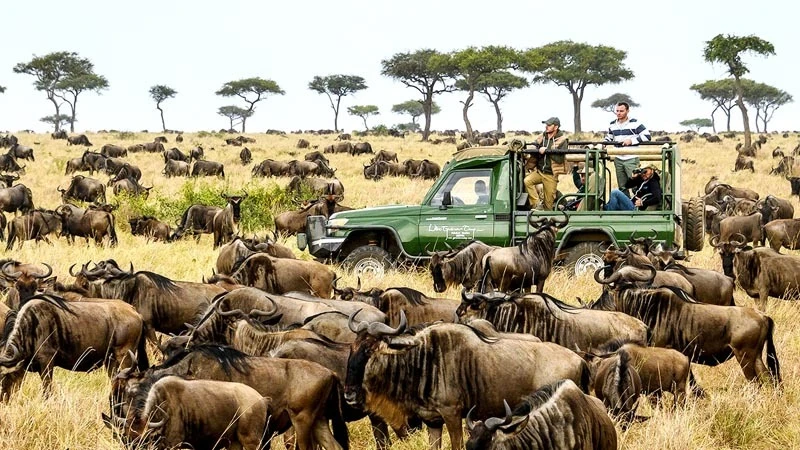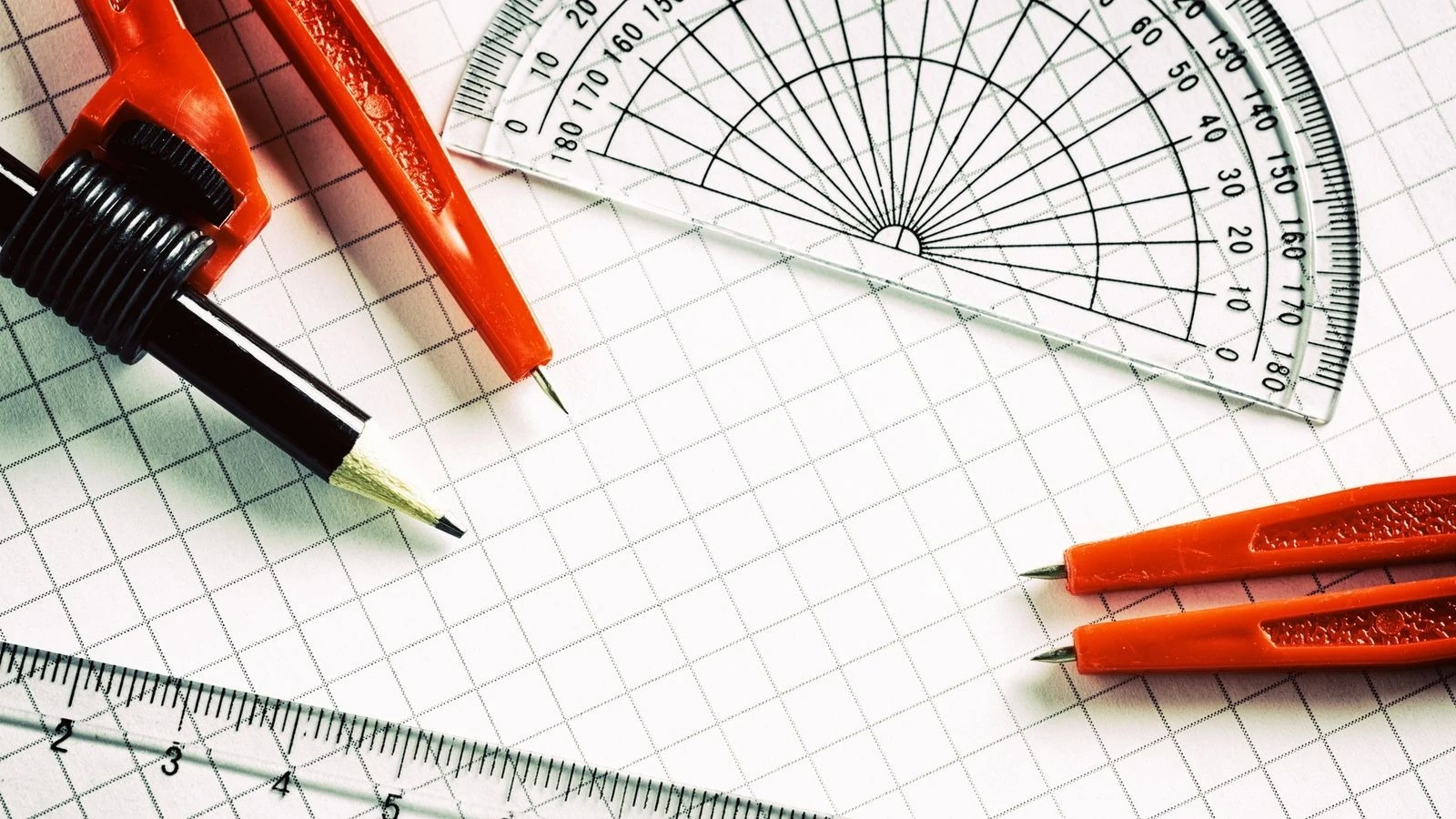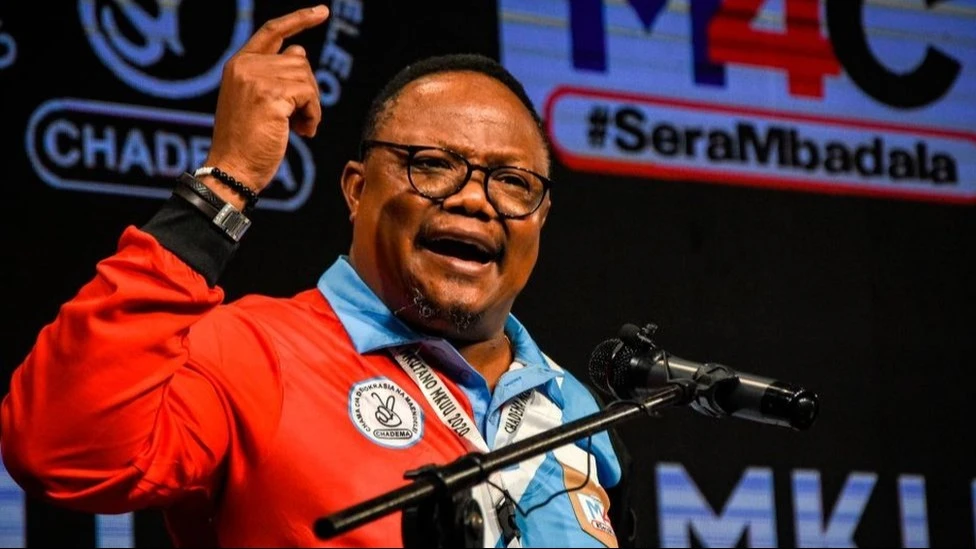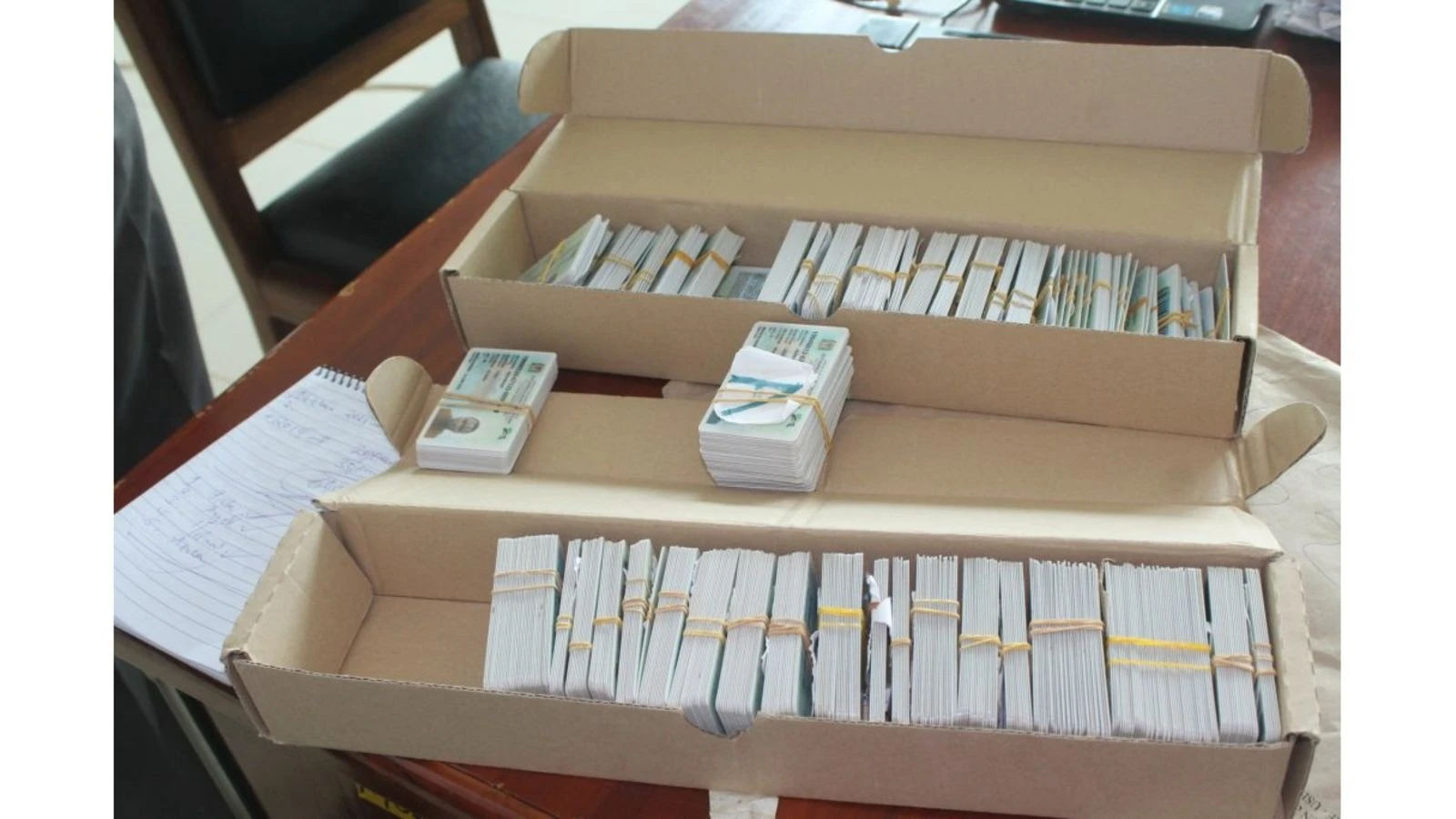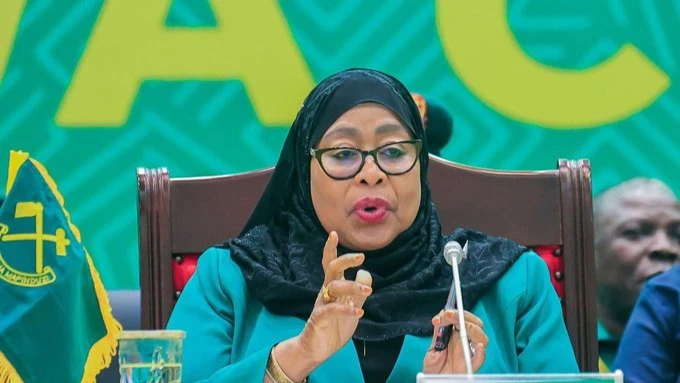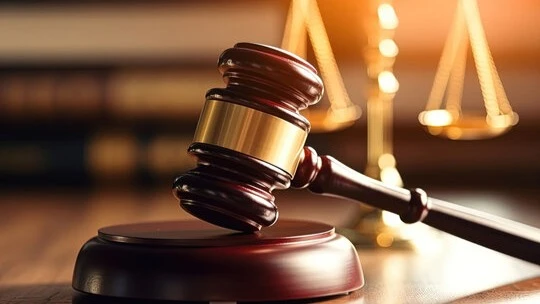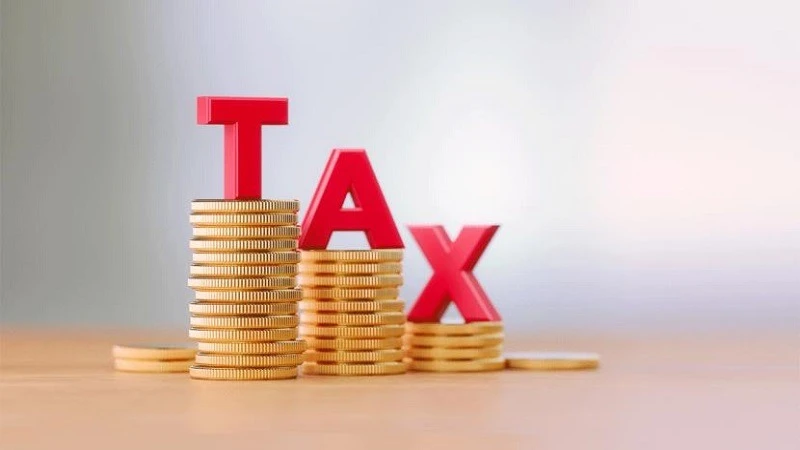Clean cooking energy thrust reshaping global discussions
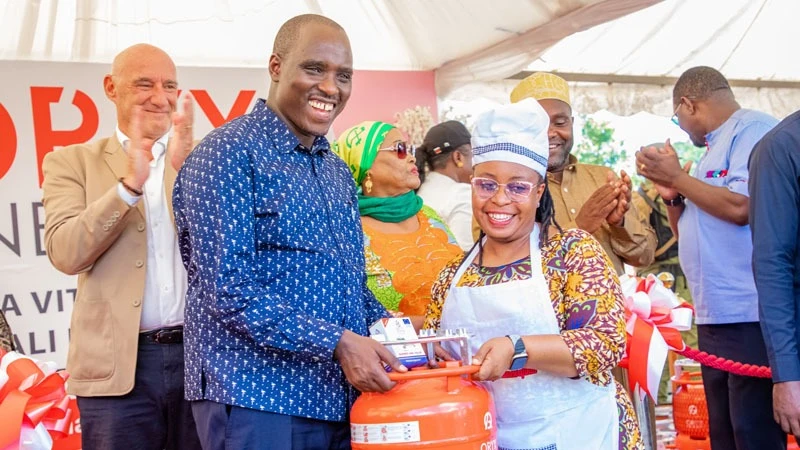
GLOBAL media outlets have lately echoed the voice of President Samia Suluhu Hassan rooting for a replenishment of support by the African Development Fund within the African Development Bank (AfDB) to include US$12 billion to enable access to clean cooking energy.
The sourcing of this campaign in the global dialogue is not very clear and, unless those closer to diplomatic initiatives right from the Dubai global climate summit to the present elaborate on the matter, it is President Samia who has championed the cause.
It is a clear slant to the global climate change debate, for clean cooking energy – and it is cause for optimism.
The global debate is usually on the carbon footprint, which basically involves removing fossil fuels like petrol, diesel, heavy furnace oil, coal and even natural gas in favour or renewable energies like solar, hydropower, biogas, wind-farming or the harnessing of the power of oceanic waves for massive generation of electricity.
Much of this is really for the future but the sort of transition that has gained currency in the past decades’ climate change global gatherings was the carbon footprint type. Clean cooking is hard to identify with the wider campaign, as it adds some elements and skips other issues.
One new aspect in the president’s campaign is the village dimension, where the carbon footprint and climate problems are translated differently – into the health risks of consistent use of firewood, while in urban centres this translates into the risks of using charcoal.
The cleanliness raised relates to the user, where the gender dimension lends credit to the design of the programme, for women need to be taken away chiefly from firewood and then from charcoal. Firewood is in a sense the central piece of design as it is often harmful to eyes, while charcoal ‘desertifies’ large chunks of forest cover.
After its initial ‘footprint’ at the Dubai summit towards the end of last year, the clean cooking energy agenda was recently discussed at a proper summit for clean cooking in Africa held in Paris.
The Doha summit saw President Samia leading a panel discussion on the issue, bringing it up as a gender empowerment imperative particularly with respect to accessing potable water in remote rural areas.
This has now been shifted to the quest for removing firewood and charcoal, not just for the smoke but also for danger to eyes from fire pellets.
This innovation at the level of global diplomacy sets up an entirely different agenda from the global mainstream reclamation in league with the 4Rs philosophy. And it is an illustration of the sort of gifts of creativeness and mapping out a vision.
These are traits of leadership that mark out President Samia ‘from the crowd’, as the gift of leadership is to innovate within the mainstream such that there is a new energy, objective or drive from within the mainstream, without the need to split or redefine one another afresh.
The demand is uplifted by observations that insufficient funding and a lack of awareness in economic opportunities in the clean cooking industry hamper efforts to scale up interventions.
Again, aware of the difficulties of attaining mainstream climate summit issues, global agencies are nodding in comprehension. This outlook promises some results, both in carbon footprint and human development.
Top Headlines
© 2025 IPPMEDIA.COM. ALL RIGHTS RESERVED









